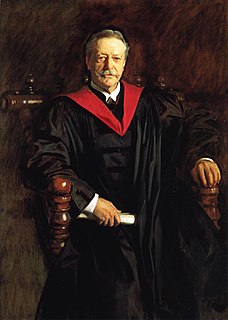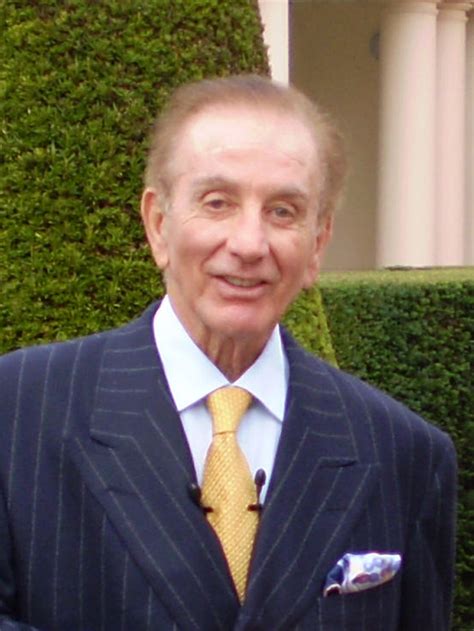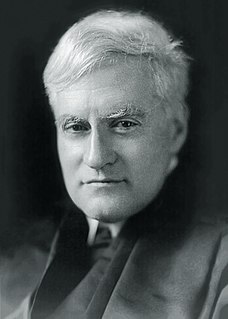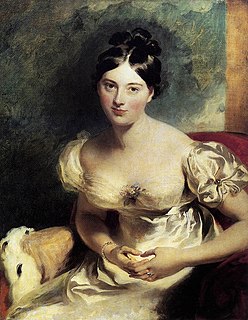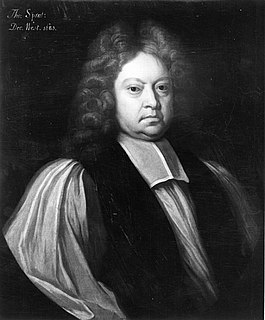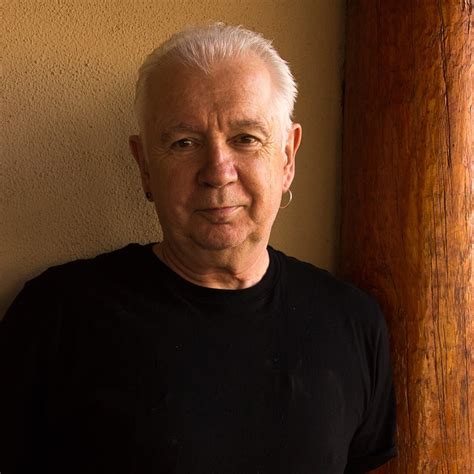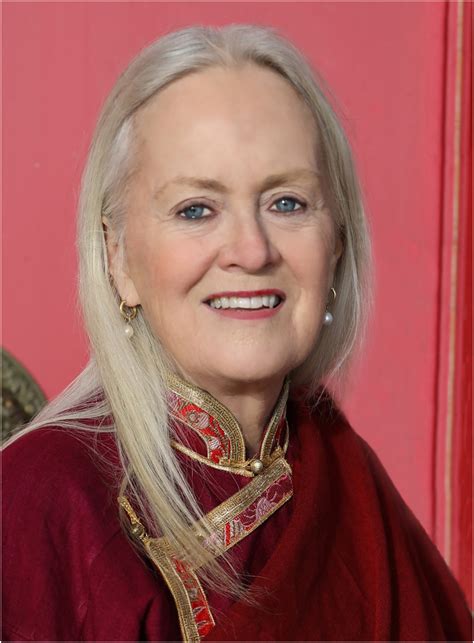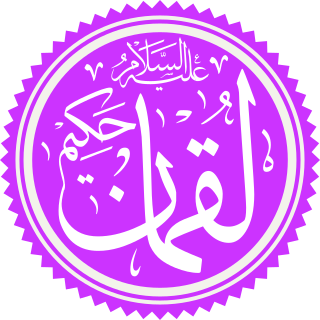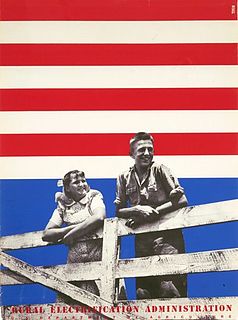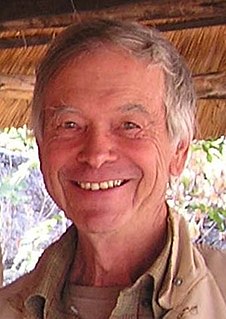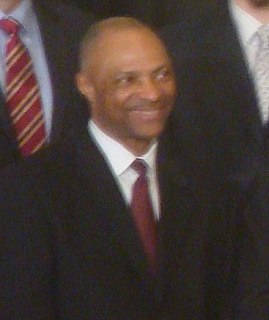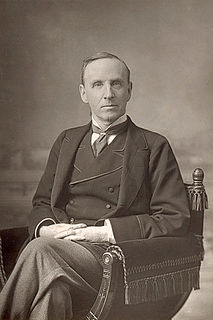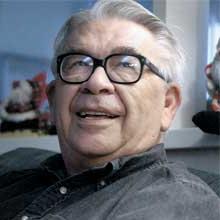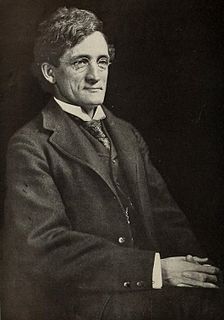Top 1200 Useful Knowledge Quotes & Sayings - Page 8
Explore popular Useful Knowledge quotes.
Last updated on November 15, 2024.
The child is naturally meditative. He is a sort of samadhi; he's coming out of the womb of existence. His life river is yset absolutely fresh, just from the source. He knows the truth, but he does not know that he knows.... His knowledge is not yet aware. It is innocent. It is simply there, as a matter of fact. And he is not separate from his knowledge; he is his knowledge. He has not mind, he has simple being.
Faith is indeed intellectual; it involves an apprehension of certain things as facts; and vain is the modern effort to divorce faith from knowledge. But although faith is intellectual, it is not only intellectual. You cannot have faith without having knowledge; but you will not have faith if you have only knowledge.
Motive is also important in our quest for knowledge and in the questioning that accompanies it. In commenting on our duty to educate for eternity, Eugene England writes: Teaching or learning - with the Spirit of God simply means (though it is not simple) that we are doing so with an eye single to eternal, not worldly, values, with an eye single to lasting development of the mind and spirit and to useful service to others, especially to aid in their lasting development of mind and spirit.
Until very recently, most knowledge was inaccessible to people who couldn't read text. But this is changing. The computer opens up other channels of gaining knowledge. If someone is blind, we now have very good machines that will read to him. If someone can't recognize letters, he also will have access to knowledge through sound and images.
It is immediately apparent, however, that this sense-world, this seemingly real external universe - though it may be useful and valid in other respects - cannot be the external world, but only the Self's projected picture of it ... The evidence of the senses, then, cannot be accepted as evidence of the nature of ultimate reality; useful servants, they are dangerous guides.
Beyond Words is an exceptionally useful and inspiring digest of Dzogchen (Great Perfection) teachings and the teachers associated with them. The ancient prediction that Dzogchen would benefit many during these degenerate times, makes this comprehensive introduction especially relevant. The authors have made these profound teachings accessible and Beyond Words will be useful to both inexperienced and seasoned readers.
At first he who invented any art that went beyond the common perceptions of man was naturally admired by men, not only because there was something useful in the inventions, but because he was thought wise and superior to the rest. But as more arts were invented, and some were directed to the necessities of life, others to its recreation, the inventors of the latter were always regarded as wiser than the inventors of the former, because their branches of knowledge did not aim at utility.
...the person that had took a bull by the tail once had learnt sixty or seventy times as much as a person that hadn't, and said a person that started in to carry a cat home by the tail was getting knowledge that was always going to be useful to him, and warn't ever going to grow dim or doubtful. Chances are, he isn't likely to carry the cat that way again, either. But if he wants to, I say let him!
Many of those whose task it is to broker the truth of God to the people of God in the churches have now redefined the pastoral task such that theology has become an embarrassing encumbrance or a matter of which they have little knowledge; and many in the Church have now turned in upon themselves and substituted for the knowledge of God a search for the knowledge of self.
Little minds mistake little objects for great ones, and lavish away upon the former that time and attention which only the latterdeserve. To such mistakes we owe the numerous and frivolous tribe of insect-mongers, shell-mongers, and pursuers and driers of butterflies, etc. The strong mind distinguishes, not only between the useful and the useless, but likewise between the useful and the curious.
For me, writing is a job. I do not separate the work from the act of writing like two things that have nothing to do with each other. I arrange words one after another, or one in front of another, to tell a story, to say something that I consider important or useful, or at least important or useful to me. It is nothing more than this.
Over the years I have developed a picture of what a human being living humanely is like. She is a person who understand, values and develops her body, finding it beautiful and useful; a person who is real and is willing to take risks, to be creative, to manifest competence, to change when the situation calls for it, and to find ways to accommodate to what is new and different, keeping that part of the old that is still useful and discarding what is not.
